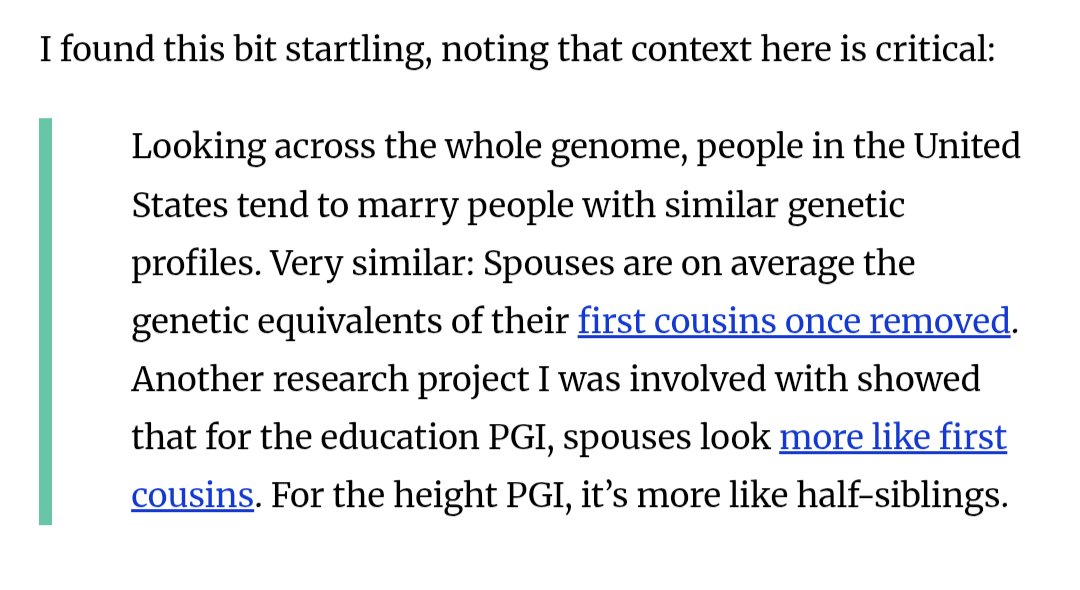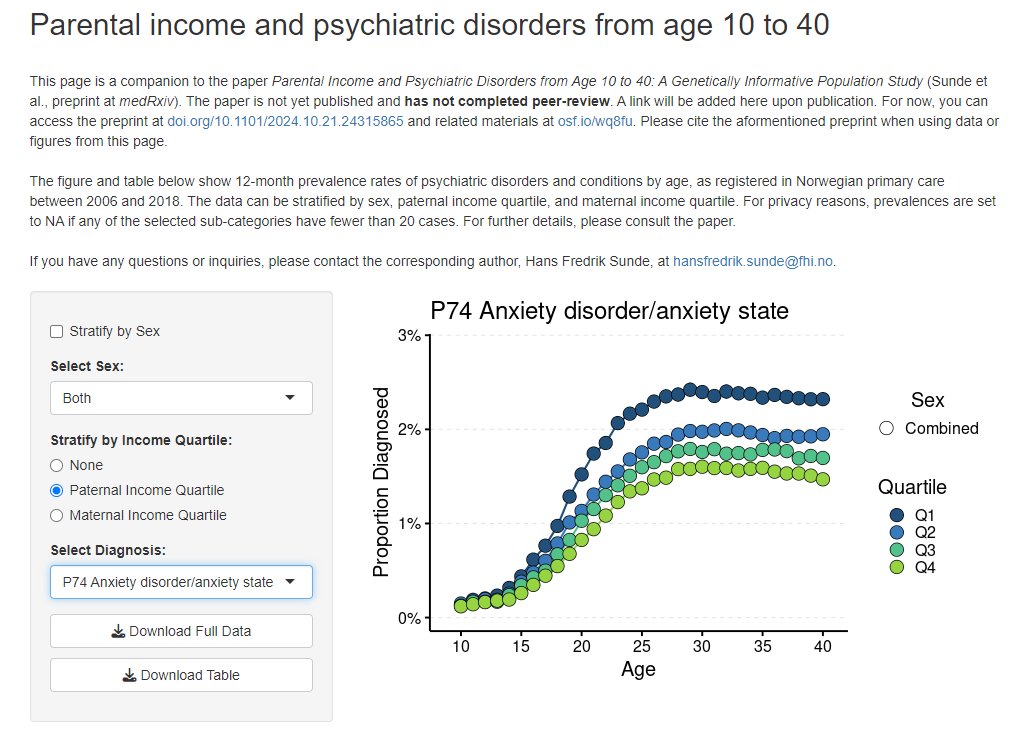
Hans Fredrik Sunde
@hfsunde
Postdoctoral researcher at @theCEFH (Folkehelseinstituttet), interested in assortative mating, behavioural genetics, and methodological issues in psychology.
ID: 265957475
http://hansfredriksunde.com 14-03-2011 12:07:35
1,1K Tweet
703 Followers
682 Following


What explains the association between parental income and offspring psychiatric disorders, and can mechanisms change into adulthood? We investigated this using the entire Norwegian population and running children-of-twins models. Preprint and 🧵by lead author Hans Fredrik Sunde below!

Indeed, most introductory textbooks - and even professional philosophy handbooks - describe Popper using silly stereotypes. He is a pleasure to read, and David Deutsch books makes critical rationalism even clearer still





I'm happy @bernardo_josi has joined me in Oslo🇳🇴! As part of her PhD Netherlands Twin Register🇳🇱 on my ERC, she’ll spend 6mo at the Institute for Public Health. Excited to study intergenerational transmission of education w Fartein Ask Torvik Hans Fredrik Sunde & me using biorxiv.org/content/10.110… European Research Council (ERC)






If you liked this quote from Conley, tylercowen, you'll love this Figure from Sunde et al (2024) making the same point. Note the correlation between spouses' polygenic scores for education (.14) is higher than the correlation expected for 1st cousins under random mating (.125)!


New paper just out! It includes: - Assortative mating ✅ - Nature-nurture of social outcomes ✅ - "Things are complicated"-conclusion ✅ - Summary statistics available for reanalysis! ✅ Check Eivind Ystrøm's thread for more:







